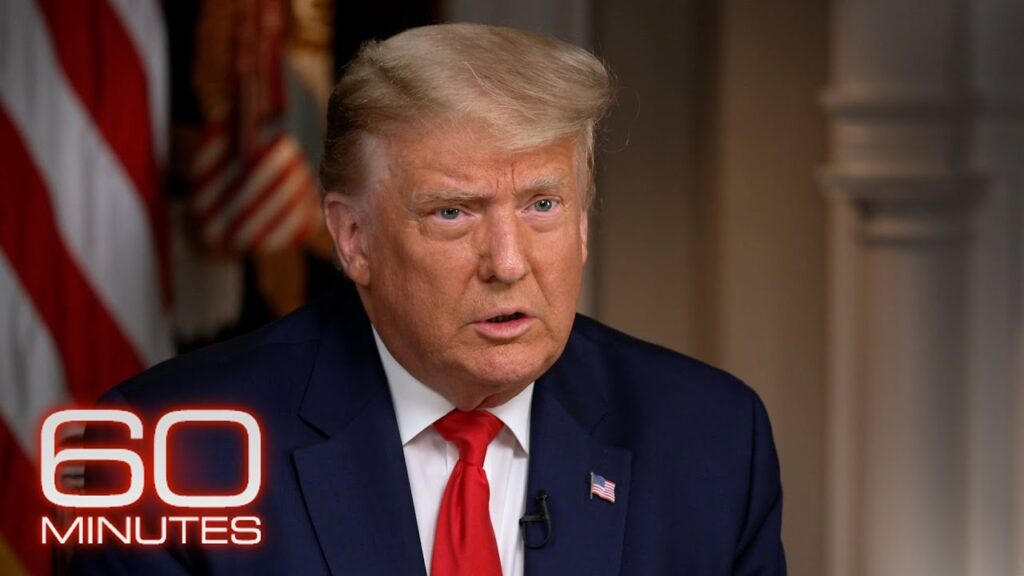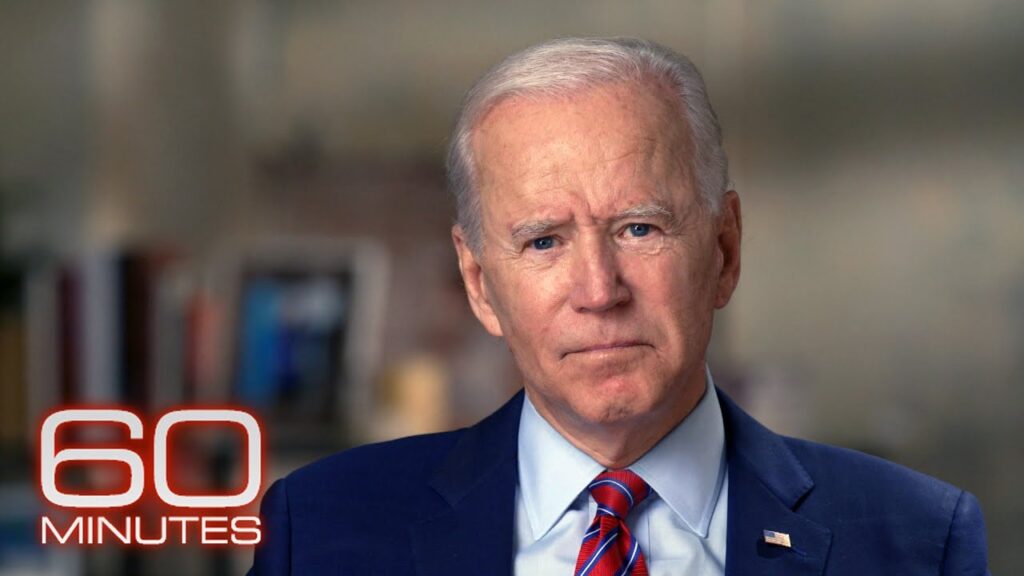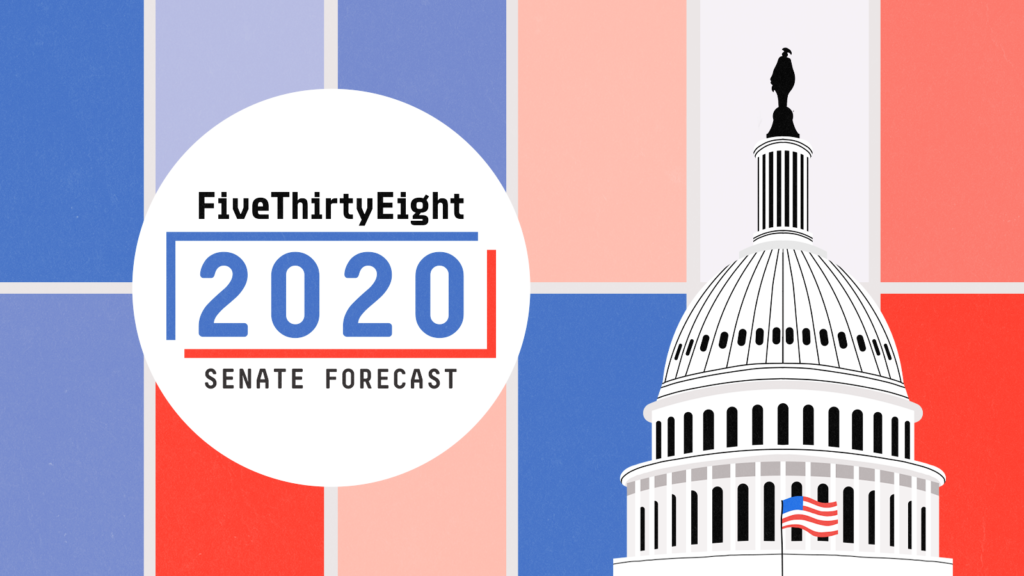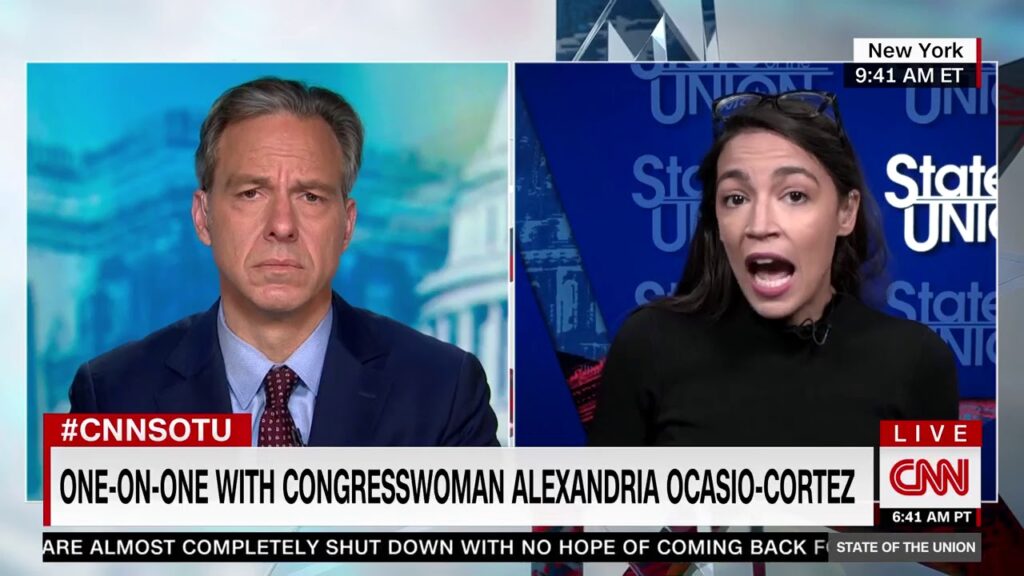The Eve of the Election that will define everything
So it's election time and Mark and Tim come together for a last view on what might happen in the coming days in terms of the US presidential and the Senate race and how we and what the aftermath might look like. No predictions because in the end we are just as scared as you and have no clue what will happen.
This episode of Newz of the World provides a complete transcript with timecodes and speaker identification.
Please note: the transcript has been generated automatically and has not been checked or corrected. This means it will contain errors and might not properly reflect what exactly has been said in the show. Formats: HTML, WEBVTT.
-
-
-
-
FiveThirtyEight 2020 Senate Election Forecast
-
-























If you bring up the problems with voting computers with some Americans you get accused of being pro Republican, because voting is so difficult there (it’s not just voting for one presidential candidate) and computers make it easier, apparently.
Once again, some additional facts and thoughts, this time mainly on voter suppression, Senate races and time lines. I guess some of the following has been clear and obvious before so please forgive me for not cutting it short.
—
I think it is clear that there is severe voter suppression happening, but I don’t think that the fact that election day is on a Tuesday is a part of it. Here is why:
The historical reason for the election being held on Tuesday after the first Monday in November: By the time the constitution was written, people had to travel to the next city to vote. In October they still were too busy with the harvest, while in December the weather was too cold for traveling. Thus November was chosen. Sunday was the „holy” day to go to church, so people would prefer to travel on Monday and vote on Tuesday. November 1st is a holiday (All Saints’ Day), thus the Tuesday between Nov 2 and Nov 8 became election day.
What would happen if election day was moved to a Sunday and/or be declared a national holiday? This would make it easier for blue collar workers to vote, but it would not make a difference for the people working in retail and the service sector (restaurants, fast food, …). In fact, some businesses have their most busy days on the weekends (car dealerships, furniture stores, …). So shifting election day to a Sunday would make it easier for some groups to vote but harder for some others. I think that most people working retail and waiting tables lean democratic, but I have nothing to back this one up. Making election day a national holiday? This would only help if stores and restaurants would be closed for that day. I don’t see that happen any time soon.
By the way, there are several states that grant time off on election day for voting. In some states you can take paid time off, some others give unpaid time off, and some have no regulations. I do not see any patterns along red/blue states with these rules. Here is some detailed information about that: https://www.workplacefairness.org/voting-rights-time-off-work
—
Another possible subject for voter suppression is gerrymandering. It has to be noticed that gerrymandering _can_ have the positive effect of building „minority majorities”. Redistricting North Carolina in 1990 did help electing a (democratic) black congress person for the first time within more than 100 years, but also helped republicans get more seats. My point is: It is not all good or bad. I recommend listening to episode #299 of 99PI (https://99percentinvisible.org/episode/gerrymandering/) for more on this.
Which brings me to another aspect of this election: Re-districting.
The last Census just took place this fall. Its data is being used to redraw the voting district lines. The redistricting is being done on state level, so the outcome of this election will influence the opportunity to (or not to) gerrymander and set standards for the next 10 years. Fivethirtyeight covers this subject here: https://fivethirtyeight.com/features/control-of-redistricting-is-up-for-grabs-in-2020-here-are-the-races-to-watch/
—
The unofficial ballot boxes showing up in California have been set up by republicans, trying to make it easier for their fellow republicans to cast their vote. They argue that this is some kind of ballot harvesting, which, generally speaking, is legal in CA. The idea of ballot harvesting is that – if you and some family and friends of yours all vote by mail – it is legal that one person out of that group drops off all of the ballots, instead of everybody having to go to the ballot box themselves.
—
On to the senate seats. There are two special elections happening this year, one in Arizona and one in Georgia. And there is the possible case of Kamala Harris’ seat in California. All these seats need to be filled for two remaining years and will be up for reëlection in 2022.
If a Senator resigns or dies, their seat is being filled by a nominee appointed by the state governor. Depending on state law this might have to be confirmed at the next regular election.
In Arizona, the seat of the late Senator John McCain was temporarily filled with Martha McSally (R), so now there is a race between her and Mark Kelly (D). The winner of this race is going to be sworn in immediately, so a democratic win would change the current 53:47 ratio in the Senate to a 52:48 within days.
In Georgia, Senator Johnny Isakson (R) resigned in 2019 due to health reasons. He was temporarily replaced by Kelly Loeffler (R). The upcoming race is going to be an open primary. This means there will be several candidates from all parties running for the seat. If nobody reaches more than 50%, then there will be a runoff election between the first two candidates, taking place on Jan 5th, 2021. Right now, Raphael Warnock (D) is leading with about 40%. while Kelly Loeffler (R) and Doug Collins (R) are at place #2 and #3, both with little more than 20% each.
Should Biden/Harris win, Gov. Newsom will nominate someone to fill Kamala Harris’ seat.
—
This brings me to my last topic – the date line of upcoming events:
Nov 3 – Election
Dec 8 – „Safe Habor” deadline for the electoral college. By this day, the states should present their electors. This is the date by which they need to have figured out who won the election in their state. If they don’t, the Congress will get involved to clear a possible dispute.
Dec 14 – Electors vote on the next president
Dec 18 – Old Senate goes into final recess. Should there be a Biden/Harris win and a 51:49 democratic majority in the new Senate, then after this day Donald Trump would be what I call a „real lame duck”.
Jan 4 – First day of the new Senate, still under leadership of Mike Pence.
Jan 5 – Georgia Runoff election
Jan 6 – Certification of the electors vote by the Senate
Jan 20, noon – Inauguration of the new president; new VP will take leadership over the senate.
—
once again, just my 2 ct